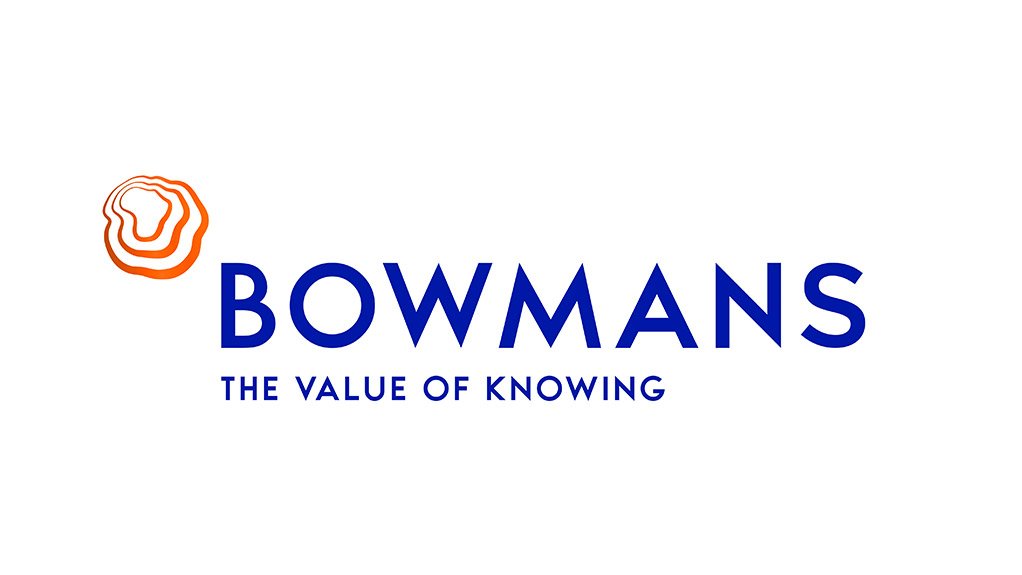Judgment in a seminal case on hate speech in South Africa was handed down on 30 July 2021. According to Bowmans head of pro bono, Fatima Laher, the long-awaited ruling ‘is one of the most important judgments of our time, very relevant and very pertinent’.
Bowmans acted for the South African Human Rights Commission in the matter between it, the Minister of Justice and Correctional Services and Jonathan Dubula Qwelane: Qwelane v South African Human Rights Commission and Another.
It is widely recognised that at the heart of South Africa’s Constitution lies an expansive promise of equality, freedom, human dignity, and the fulfilment of fundamental human rights. However, the execution of this promise requires a continuous and delicate balancing act between competing rights and constitutional values.
The case was the first of its kind to be heard in the apex Court on 22 September 2020, with the aim of clarifying the tension that exists between the prohibition of hate speech and the right to freedom of expression.
The Court had to determine whether the late Mr Qwelane’s discriminatory remarks about the LGBTI+ community in his article titled ‘Call me names – but gay is not okay’ published in the Sunday Sun in 2008, constituted hate speech in terms of section 10 of the Promotion of Equality and Prevention of Unfair Discrimination Act 4 of 2000 (Equality Act), and whether section 10, in its current form, violated his right to freedom of expression envisaged in section 16 of the Constitution, mainly due to the vagueness in section 10 and its scope being much broader than that of section 16.
In the judgment, section 10(1) of the Equality Act was declared unconstitutional and invalid as a result of it being irredeemably vague, but only to the extent that it includes the word ‘hurtful’ in the prohibition against hate speech. This is because section 16(2) of the Constitution has no similar wording, and speech which is merely ‘hurtful’ is insufficient to constitute hate speech.
The Court held, however, that this deficiency could be cured by affording Parliament 24 months to remedy the constitutional defect. Until then, the Court ordered that section 10 be read to only prohibit speech which is harmful or incites harm and promotes or propagates hatred.
More importantly, the Court held that a conjunctive interpretation should be applied when considering section 10(1)(a)-(c), confirming that speech must be altogether harmful or incite harm, and promote or propagate hatred to constitute hate speech. This is in order to prevent an overly extensive infringement of freedom of expression.
The Court further concluded that Mr Qwelane’s offending remarks undoubtedly constituted hate speech and undignified members of the LGBTI+ community by violating their rights to equality and human dignity. It specifically held that hate speech was the antithesis of the values envisioned by the right to free speech because, while the latter advanced democracy, hate speech is destructive of democracy.
The Court, by relying on case law, reaffirmed the position that the assessment of section 10(1) requires an objective standard (reasonable person test) as opposed to a subjective test, contrary to the Supreme Court of Appeal’s finding. This is because an objective standard gives better effect to the spirit and objects of the Bill of Rights.
This judgment brings with it a sense of relief and victory, especially to members of the LGBTI+ community. It will also assist to finalise pending draft legislation, the Prevention and Combating of Hate Crimes and Hate Speech Bill, which is currently under consideration by the National Assembly.
Bowmans work on the matter commenced on 1 December 2010. Since then, the firm has invested a total of 2 742 pro bono hours valued at R5.8-million
EMAIL THIS ARTICLE SAVE THIS ARTICLE ARTICLE ENQUIRY
To subscribe email subscriptions@creamermedia.co.za or click here
To advertise email advertising@creamermedia.co.za or click here











